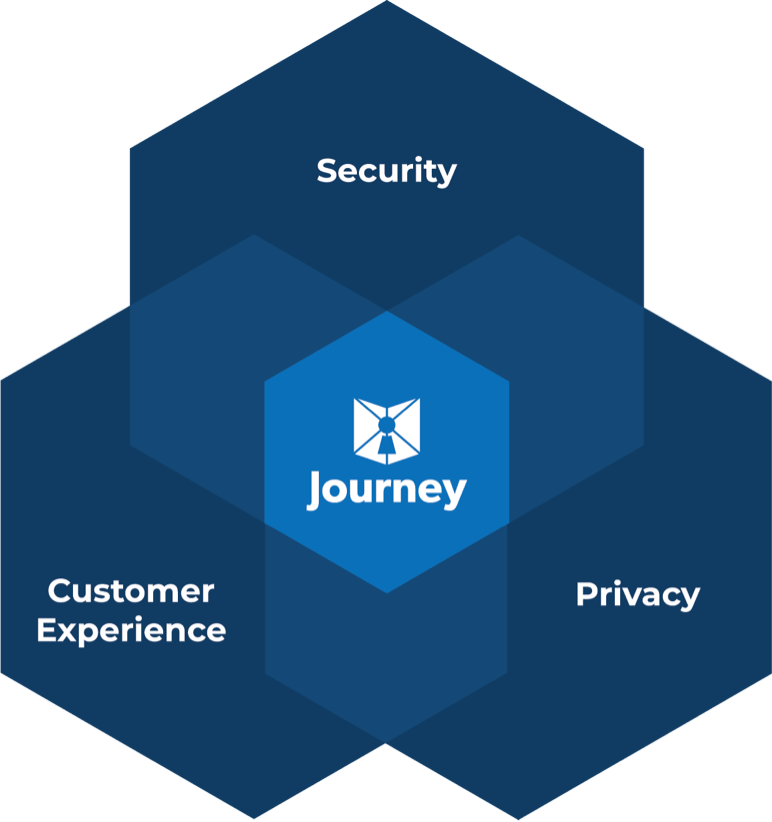And what are we geeks doing about it?….
I have written a lot of blogs about identity, privacy, and the protection of sensitive personal information. Indeed we live in a time of constant change and innovation. There is also an incessant cat and mouse game around security, breaches, hacks, and all too often nefarious activity. The internet is both a wonder and a tragedy. It is a wonder that can connect people to information and other people across a planet that has become increasingly flat. It is a tragedy that allows bad actors to reach across an increasingly flat planet to do real harm.
This week, I would like to speak not for the geeks and the wonders of new tech, but for those who have no real voice, people like my mom. What have we created and to what extent have we considered those who are not as technically proficient and frankly should not have to be? How often do we remotely solve their problems by asking them to reboot or restart their device? Why should they even have to know how to do this? How often do we find they have hundreds of tabs, windows, and applications open and their devices running like molasses because we expect them to know about memory usage and the cost of multitasking on a processor? We have created a tech world where an 82 year old woman is expected to learn principles of programming and computer operations to employ “user friendly devices”. How ridiculous is this wondrous world we have created?
Of course, whenever we point out shortcomings, it is also important to consider alternatives. For a non-technical senior, does that mean they need to have in house tech support? Perhaps, if the internet is just too dangerous we should just not let folks use it (for their own protection)? People of all ages use the internet for many different things. In the case of my mom, it’s mainly a communications tool. She has access to what’s happening in her circle of friends and family through Facebook and Instagram. She has real time communications with many different friends and family through groups on WhatsApp. It has allowed her to watch her grandchildren and great grandchildren growing up on a daily basis despite thousands of miles of separation in many cases. She can stay in contact with her brother in the Mediterranean and read his frequent newspaper articles. She can keep up with news and even listen to radio stations in her native tongue. These are the wondrous things. She has gone from $7 a minute phone call to essentially free connectivity and communication. It has made her life a more connected one, a fuller one.
On the other hand, she has had many issues with the tech, both hardware and software.
The constant changes in charging are an issue for example. We have gone from mini USB to micro USB to USB-C. Do we consider real people when we keep changing this crap with no real value to the end consumer like my mom? I understand the value of better standards like USB-C, but for older folks there is no gain here.
When she never closes a tab, is it her fault? Should we not understand the user better and build the software for real people? Is the tech not good enough to detect that the system needs a re-boot or restart? Really? Touch screens are nice but is that all we can do to improve the end user experience?
Getting past what seems like a fine user experience to us geeks, but is really a terribly poor user experience for non-geeks for the most part, we must then address the malicious actors. The Internet enables data harvesting for questionable marketing practices (or worse). The internet allows malicious actors to be next door or on the other side of the planet. It allows them not only to prey on people from websites or email or WhatsApp, but also using traditional means like the phones. It is really all one network now. Seniors who are more accustomed to the traditional phone lines apply those rules to new communications. They assume that anyone using a phone can be tracked to the physical line they are using. They assume bad actors can be caught. How and why do we expect them to understand a phone number means nothing now? A burner phone is available at the corner gas station. The interconnectedness of the internet allows any phone number to be spoofed by anyone. Your neighbor’s number could be spoofed by someone in any country including many counties not that friendly to us.
My mom gets spam and fraud calls almost every day. She used to trust the phone. She cannot any more. Fraudulent text messages that seem to come from “family in trouble” happen all too frequently. What happens if a family member really is in trouble? Imagine the potential harm of ignoring such a text.
Does this free for all where we allow all this to take place in the name of progress have to be the way forward? Is there no way to ensure that folks who have access to a tool as powerful as the Internet act ethically or at least can be prevented from doing harm? Our regulators are too slow in reacting. A bad PSTN Carrier can passively allow abusers for a year plus before regulators act
The internet was created to be anonymous. Does it have to stay that way? If so, why? You cannot get a home phone line anonymously. You cannot take out a classified ad anonymously. You cannot drive a car anonymously. You cannot get a job anonymously. You cannot open a bank account anonymously. You cannot get your hands on controlled substances anonymously. You can however do harm to tens of thousands of people anonymously through the Internet, and you can do it across international borders. The world is flat for nefarious actors.
Why are we doing this to my mom? The answer seems to be money, power, and greed.
What are we doing about it? Not nearly enough. We need to build devices for real people. We need to write software for real people. We need to stop the madness that anonymity allows.




